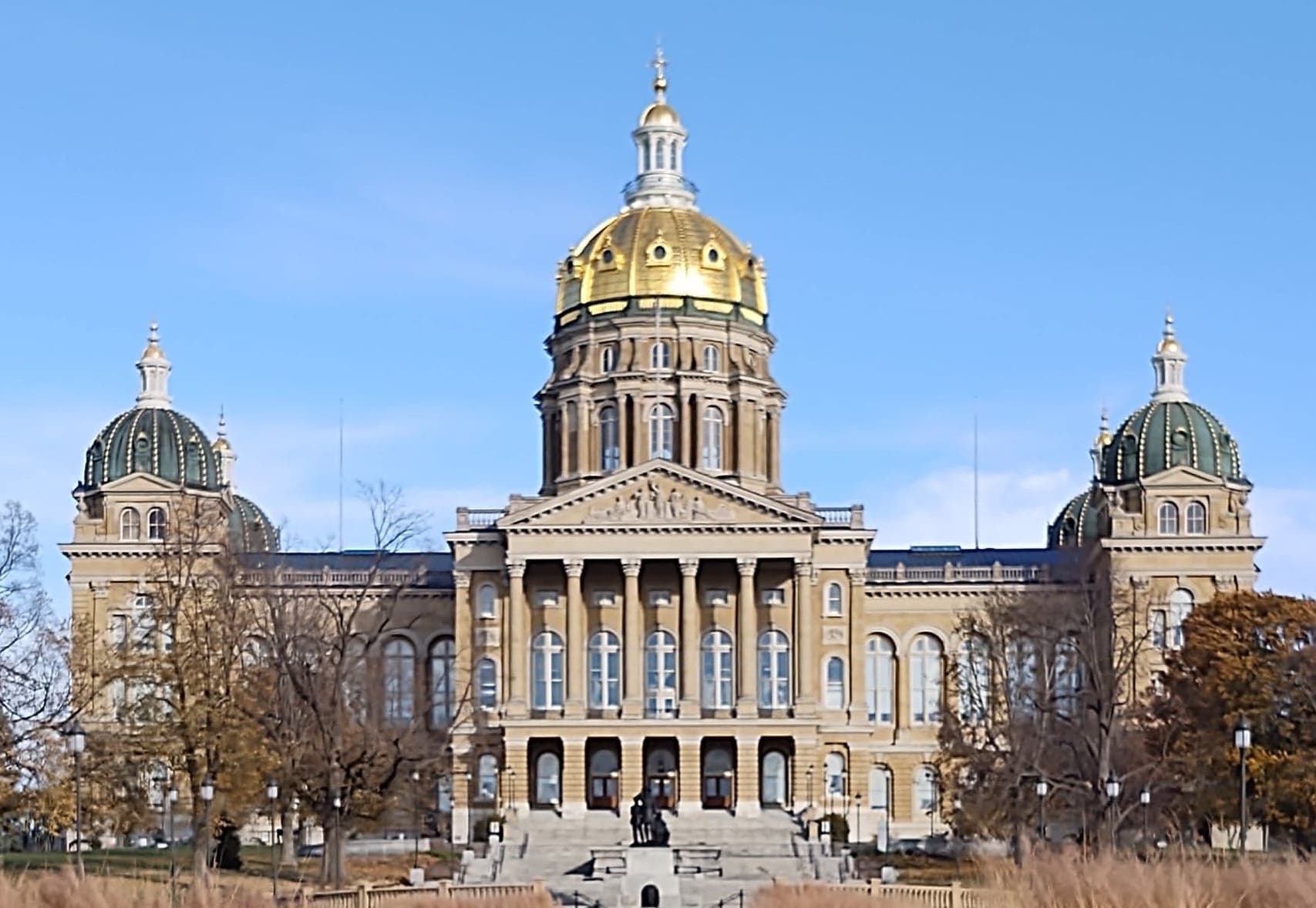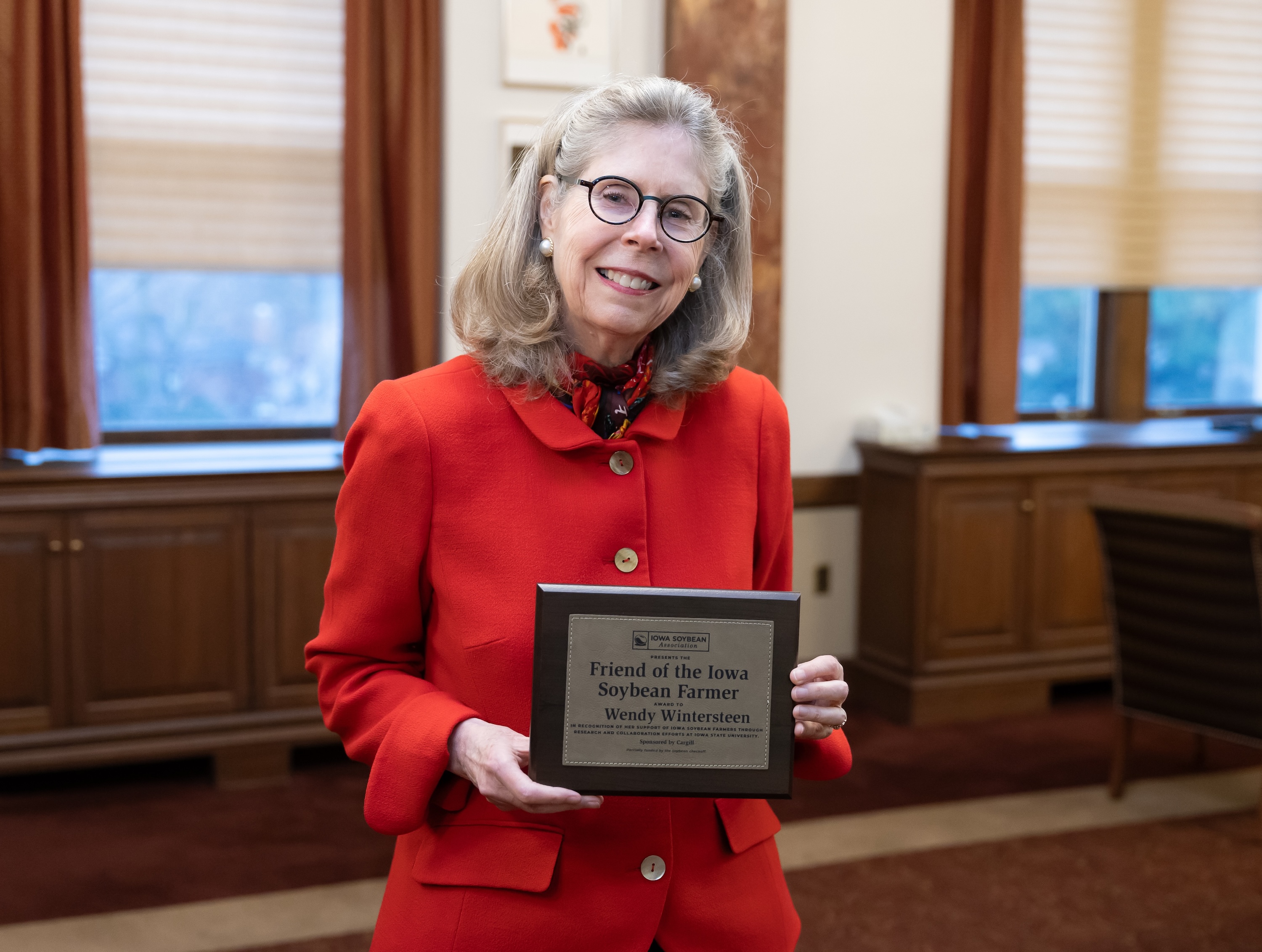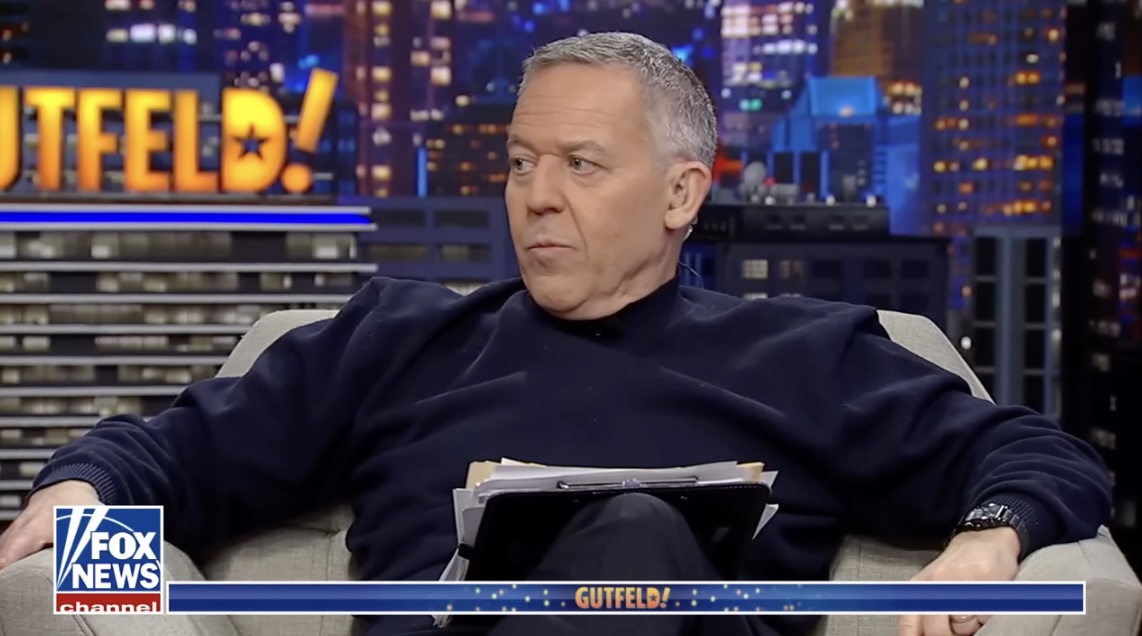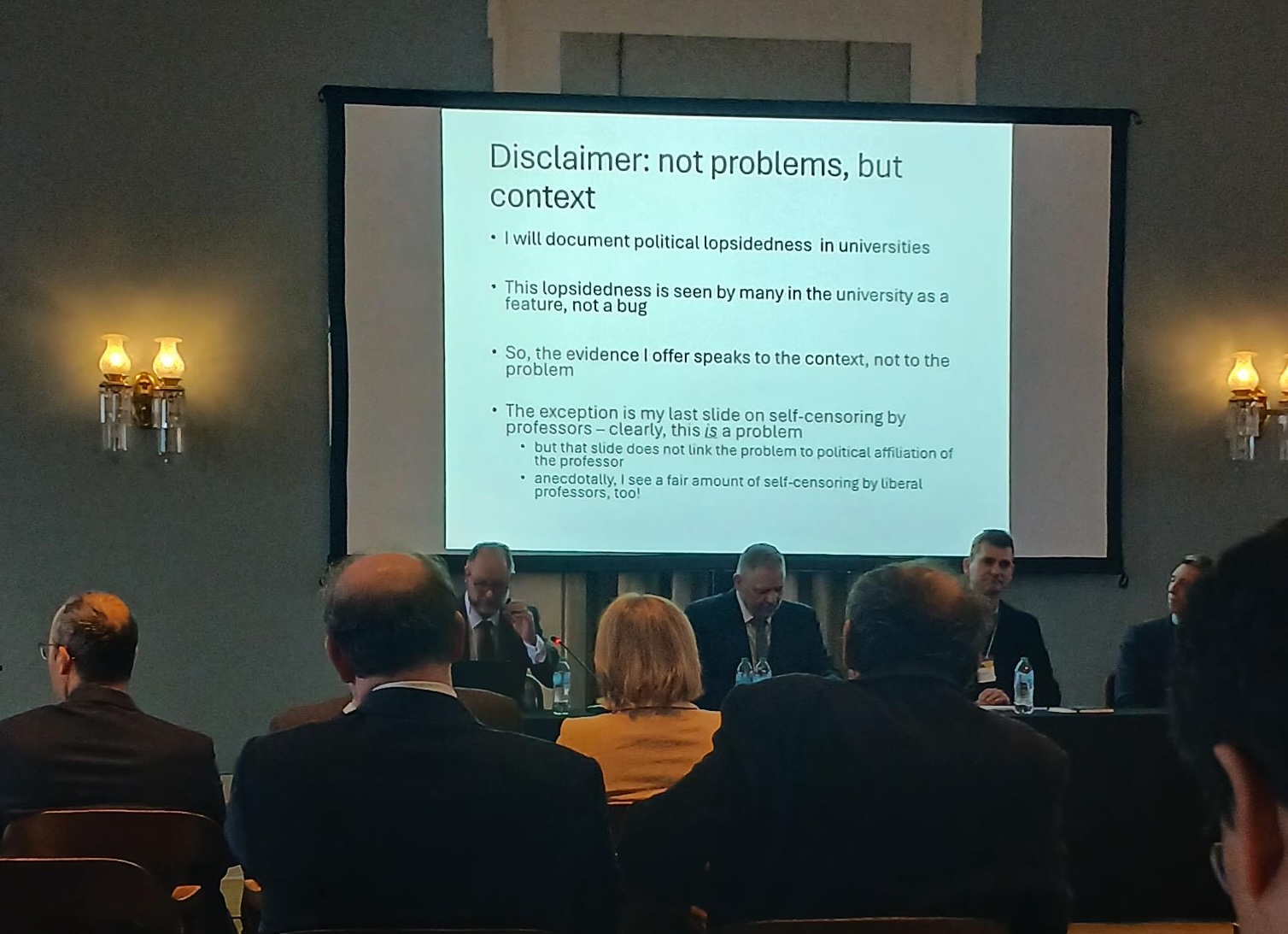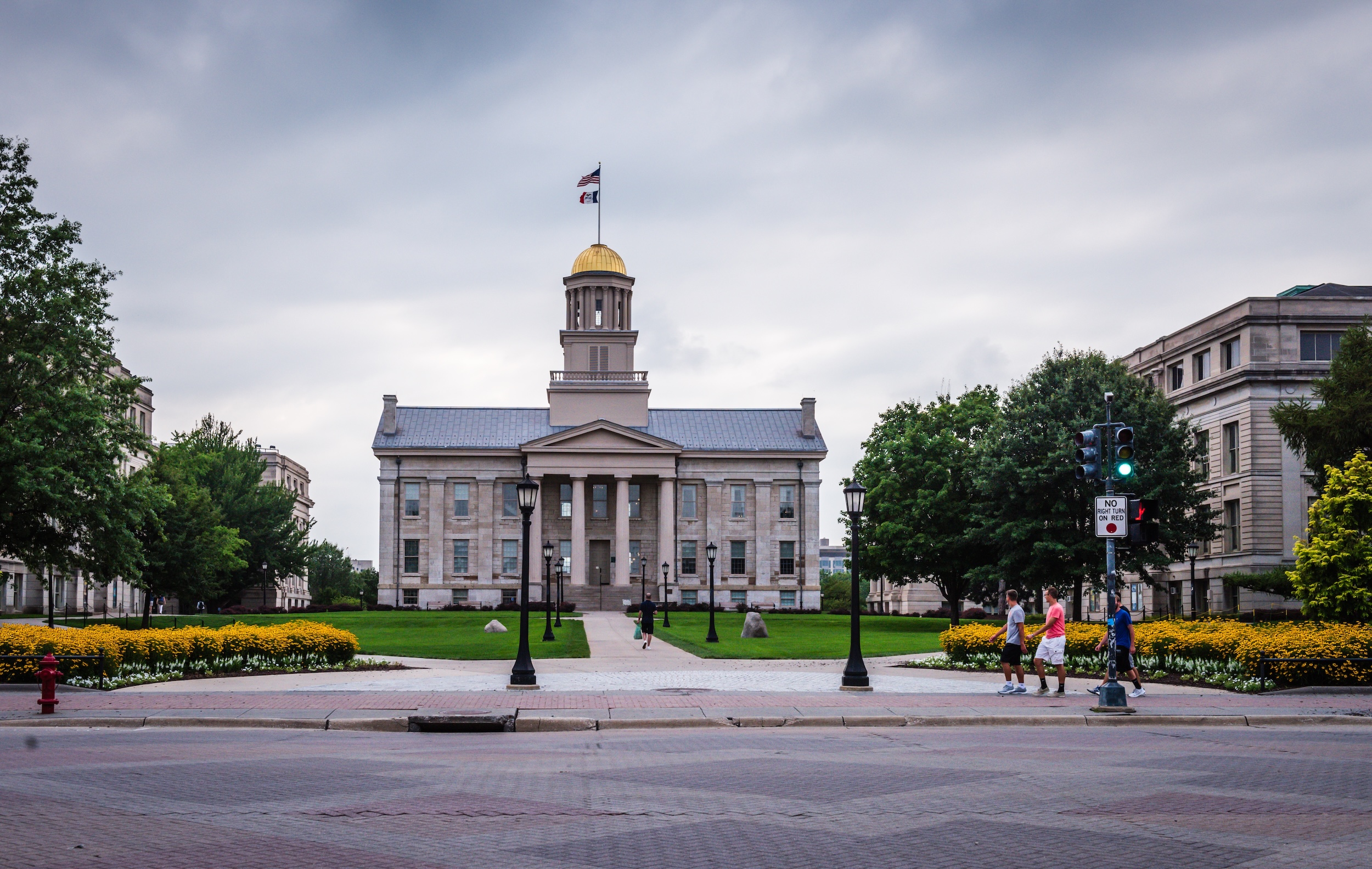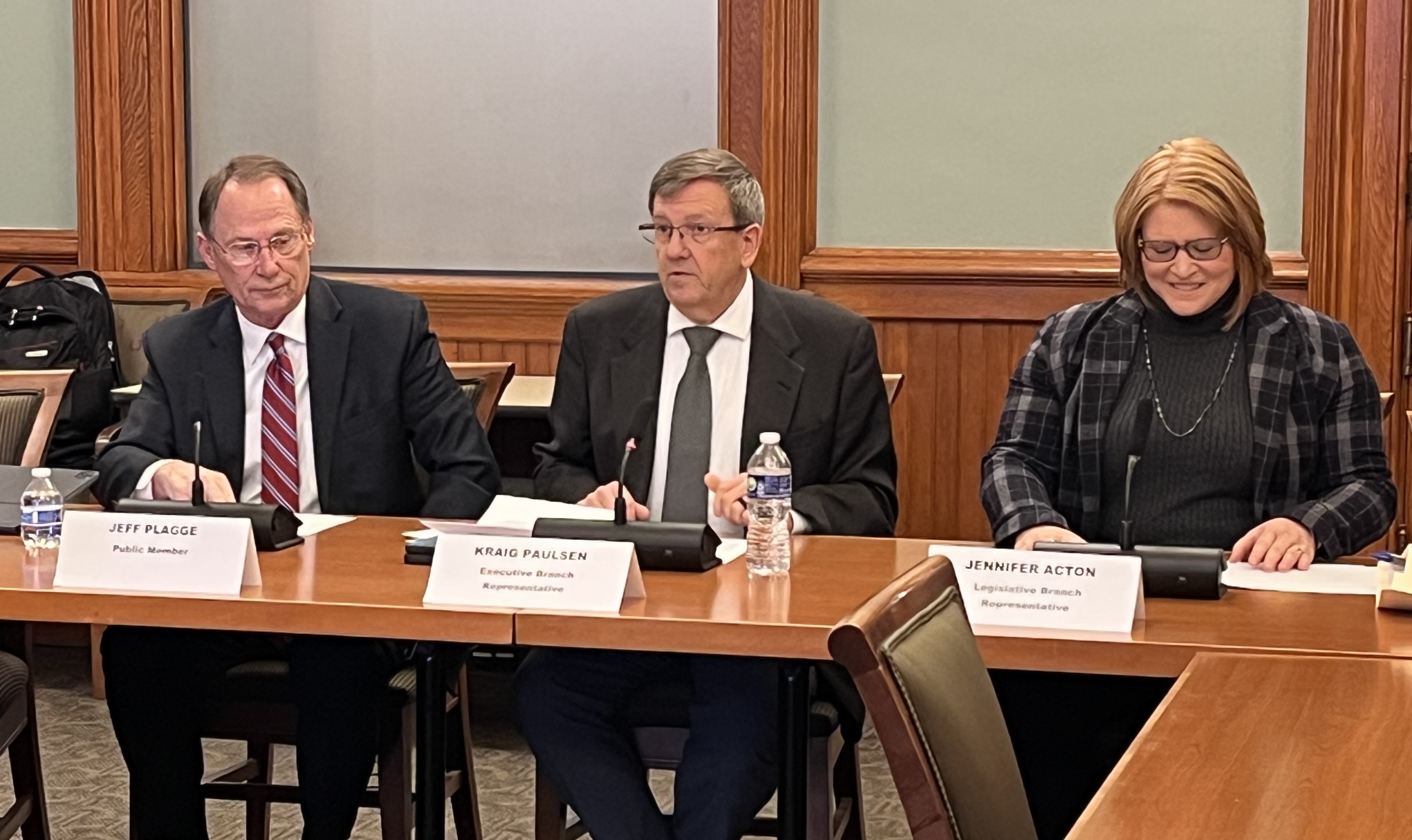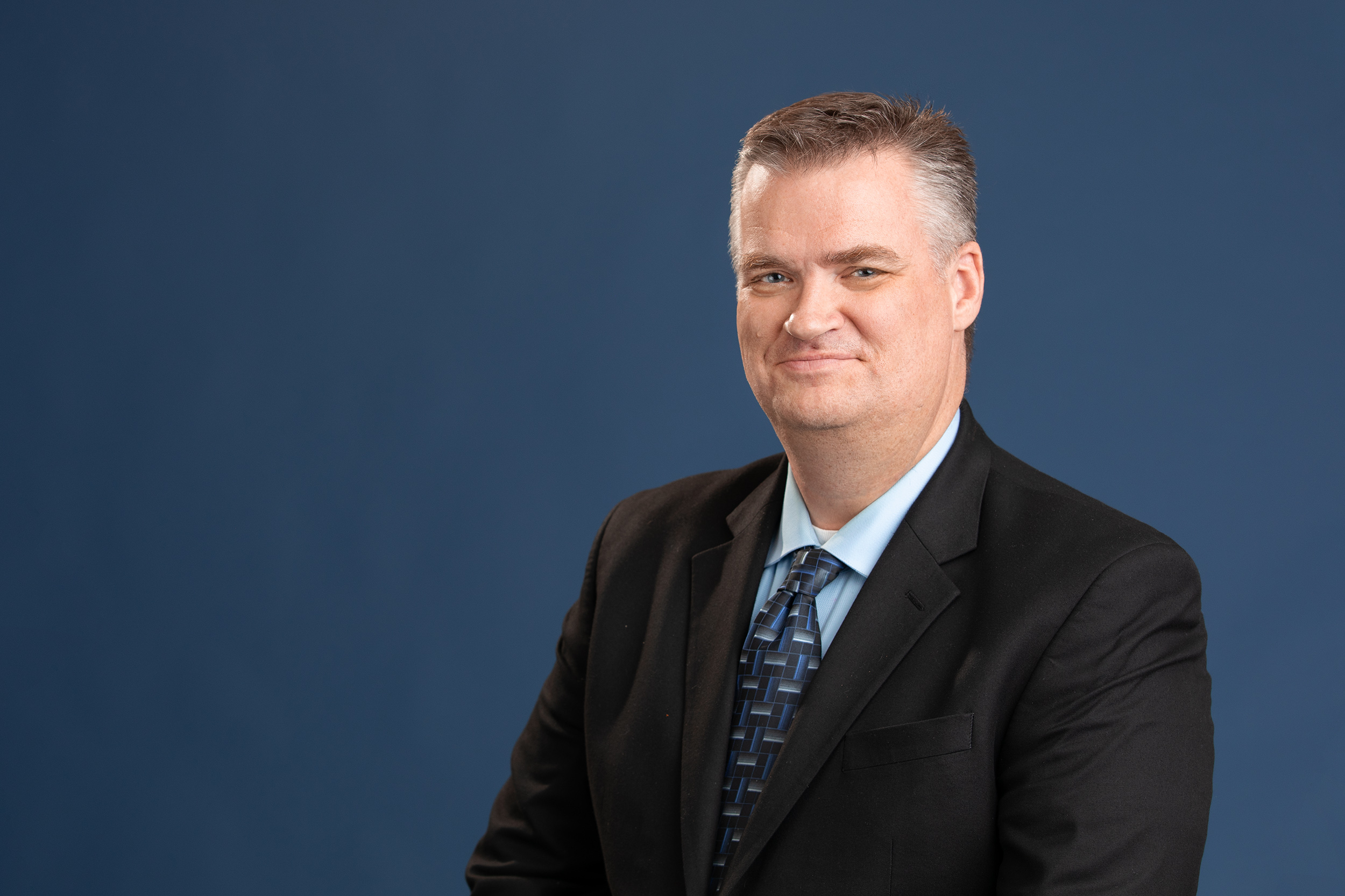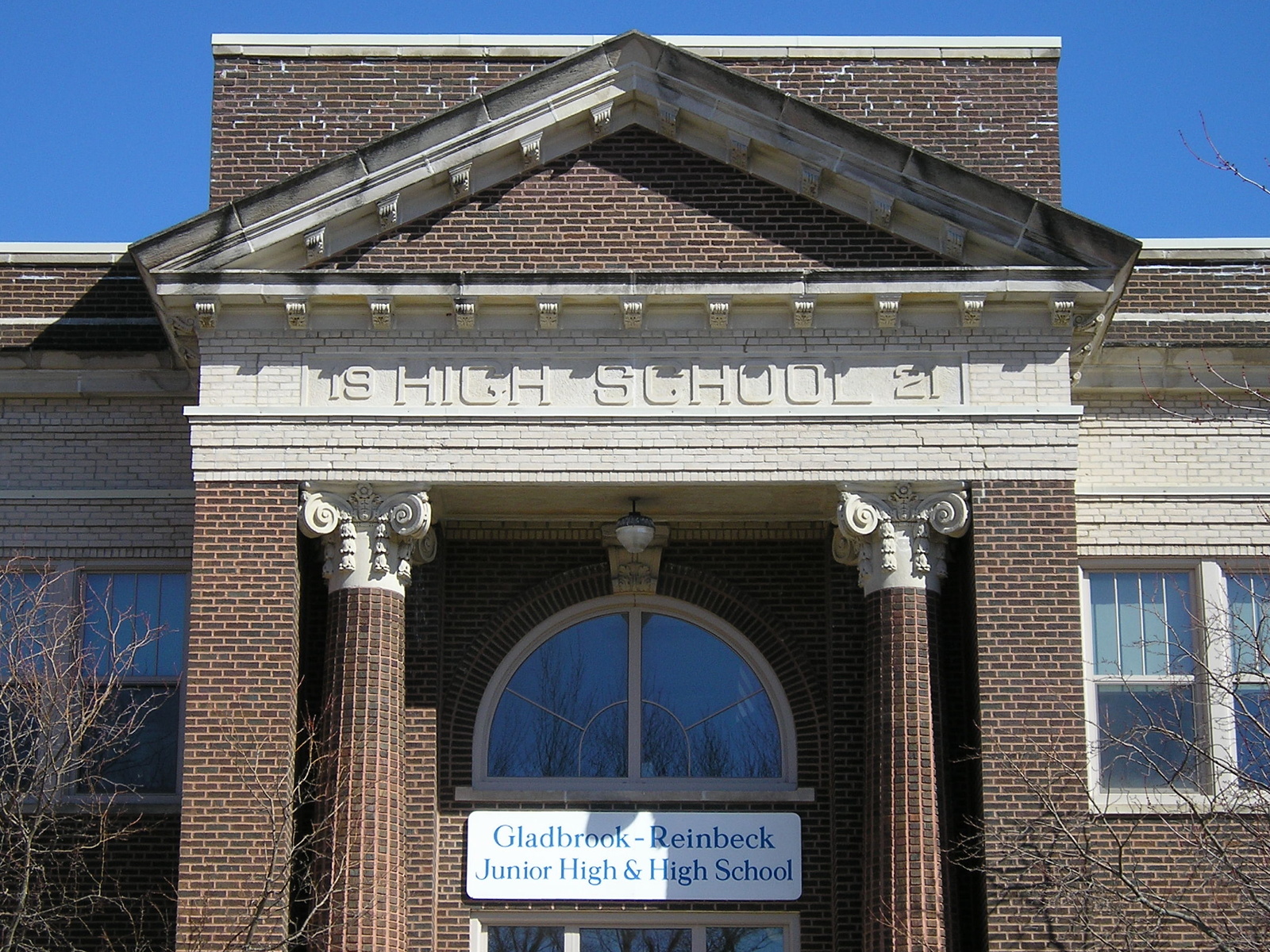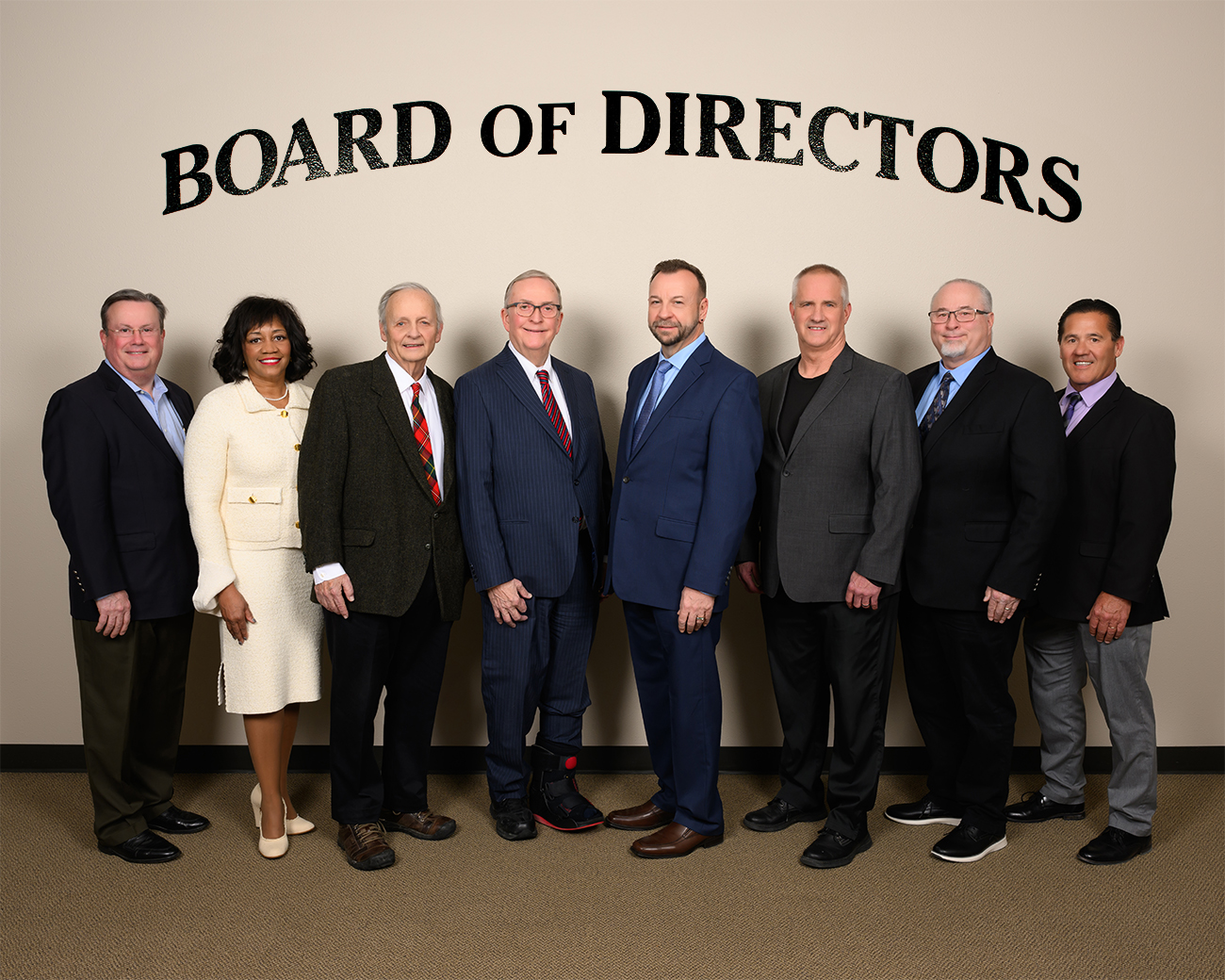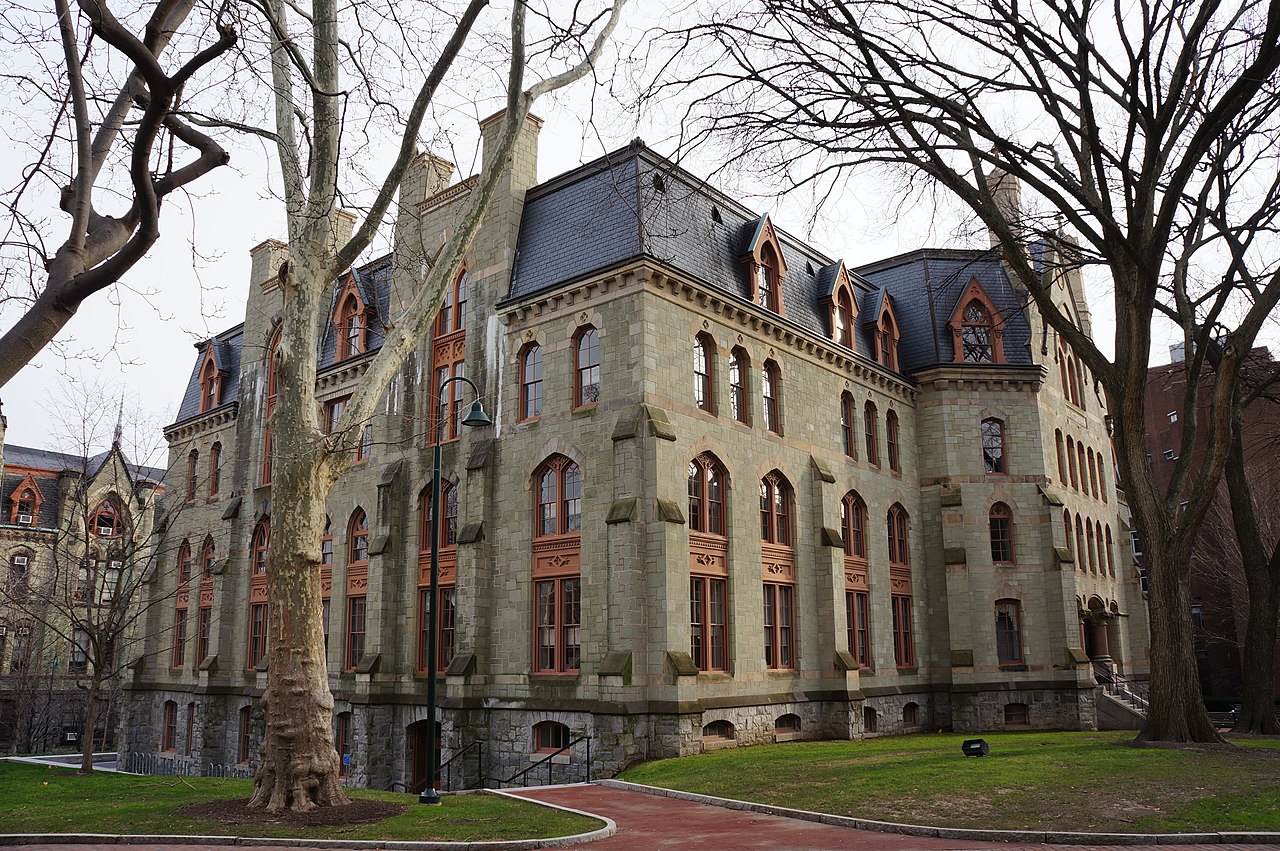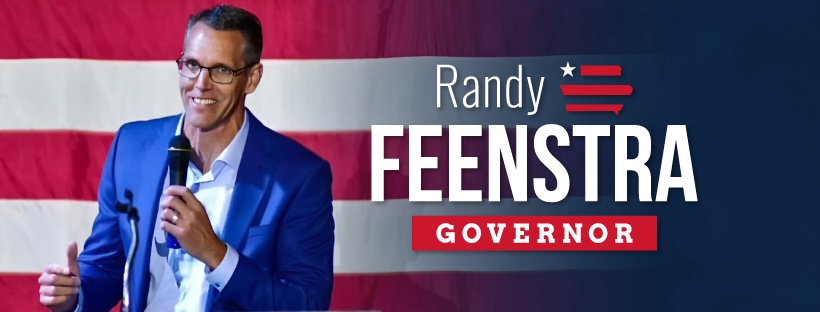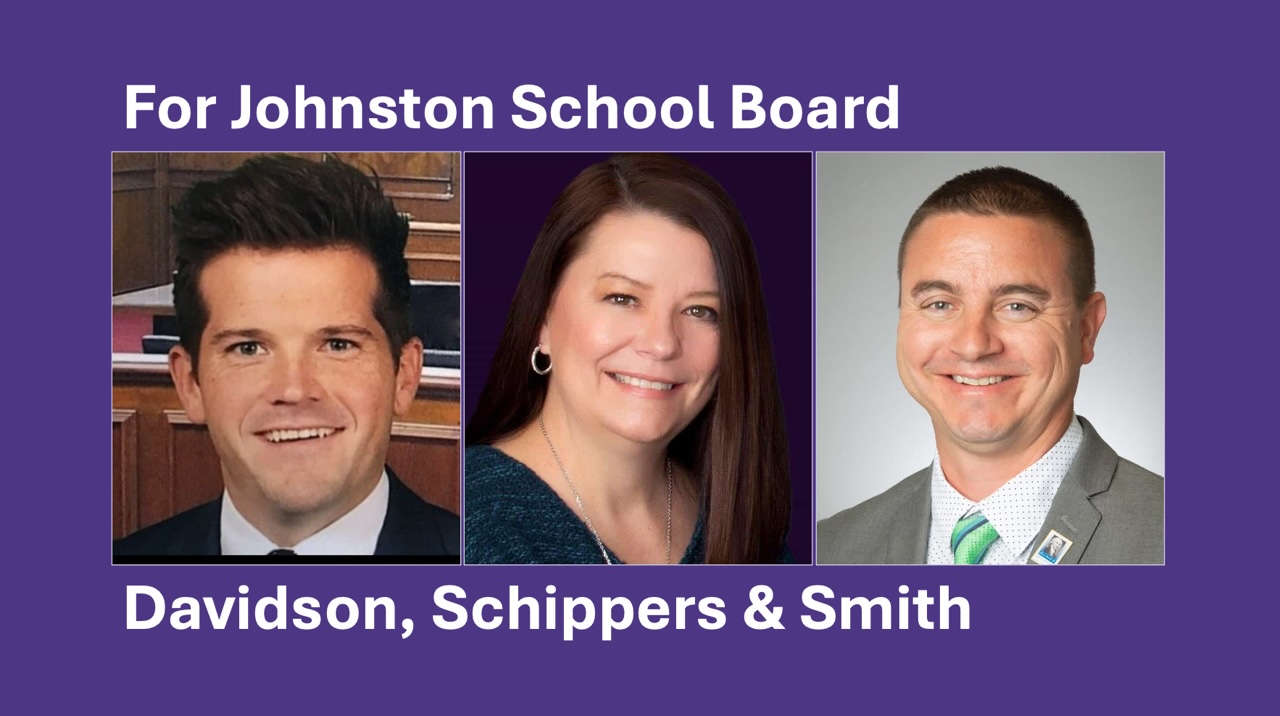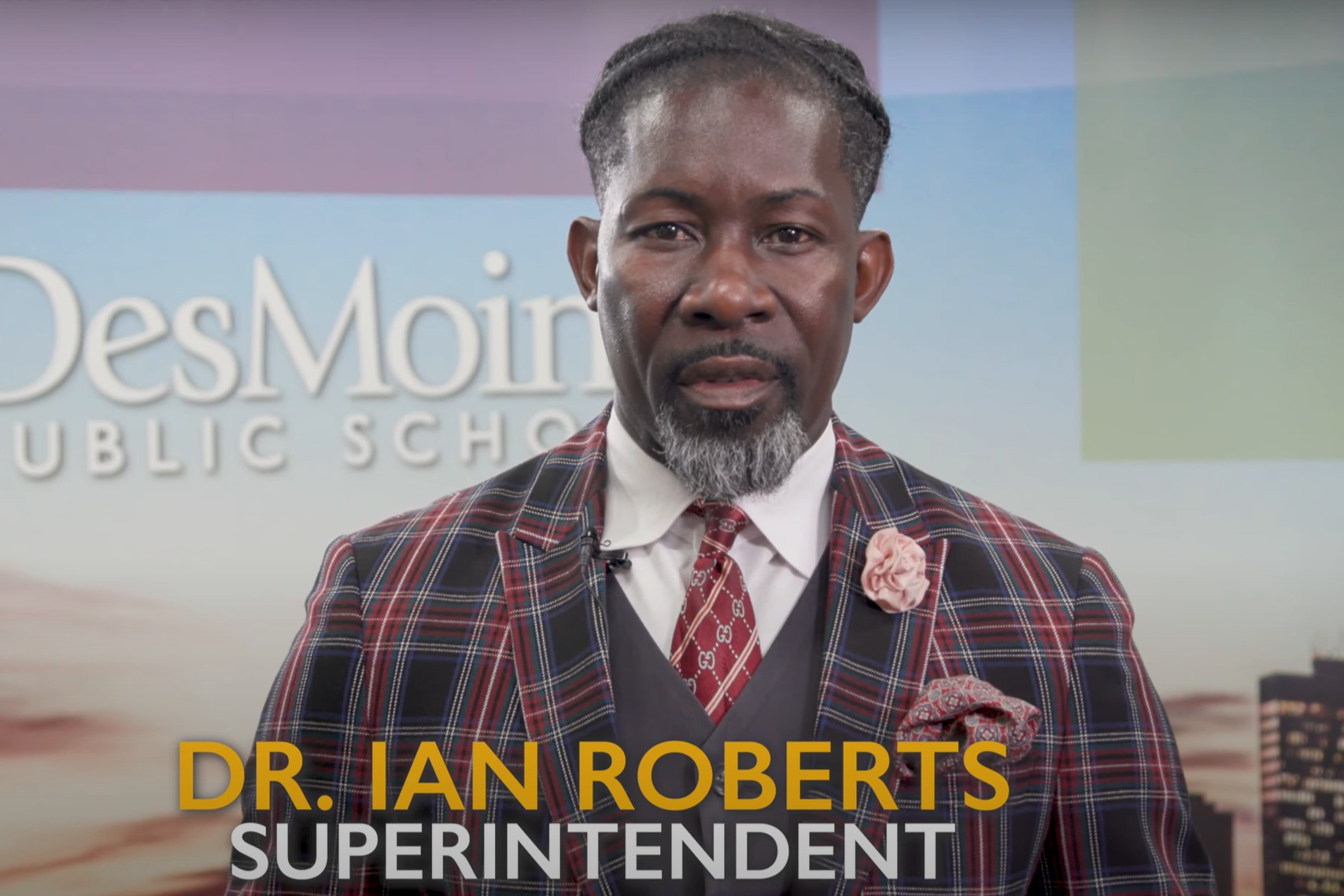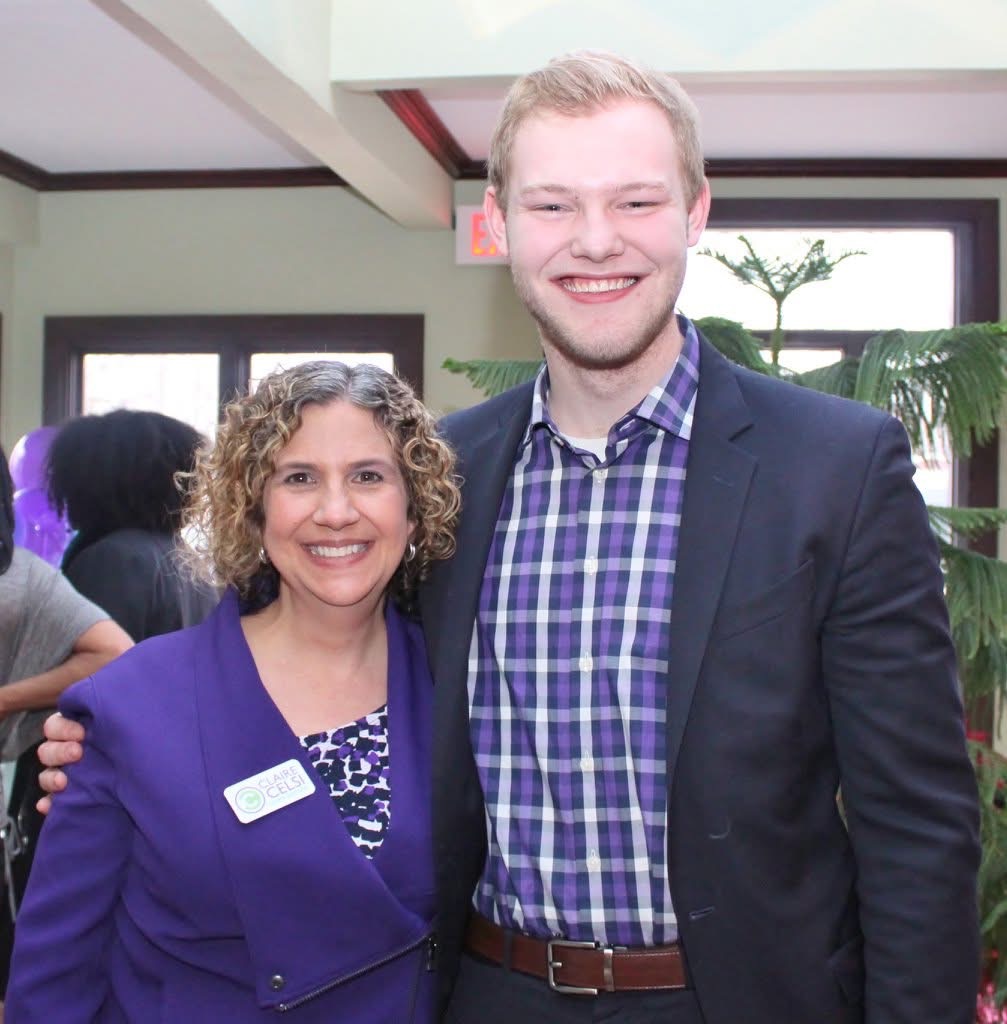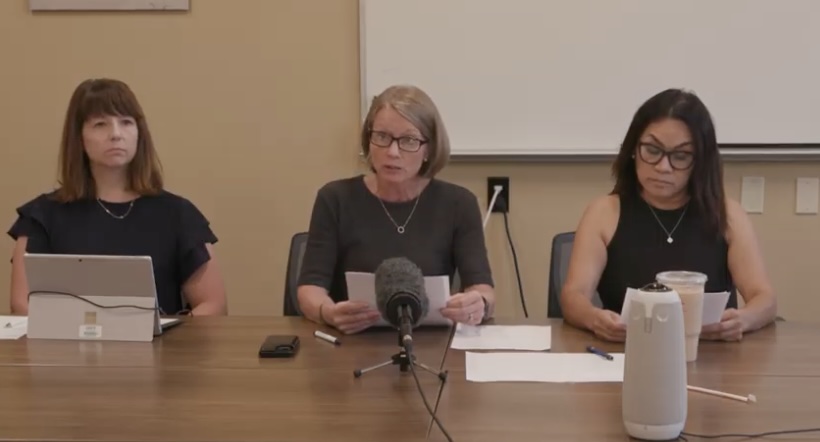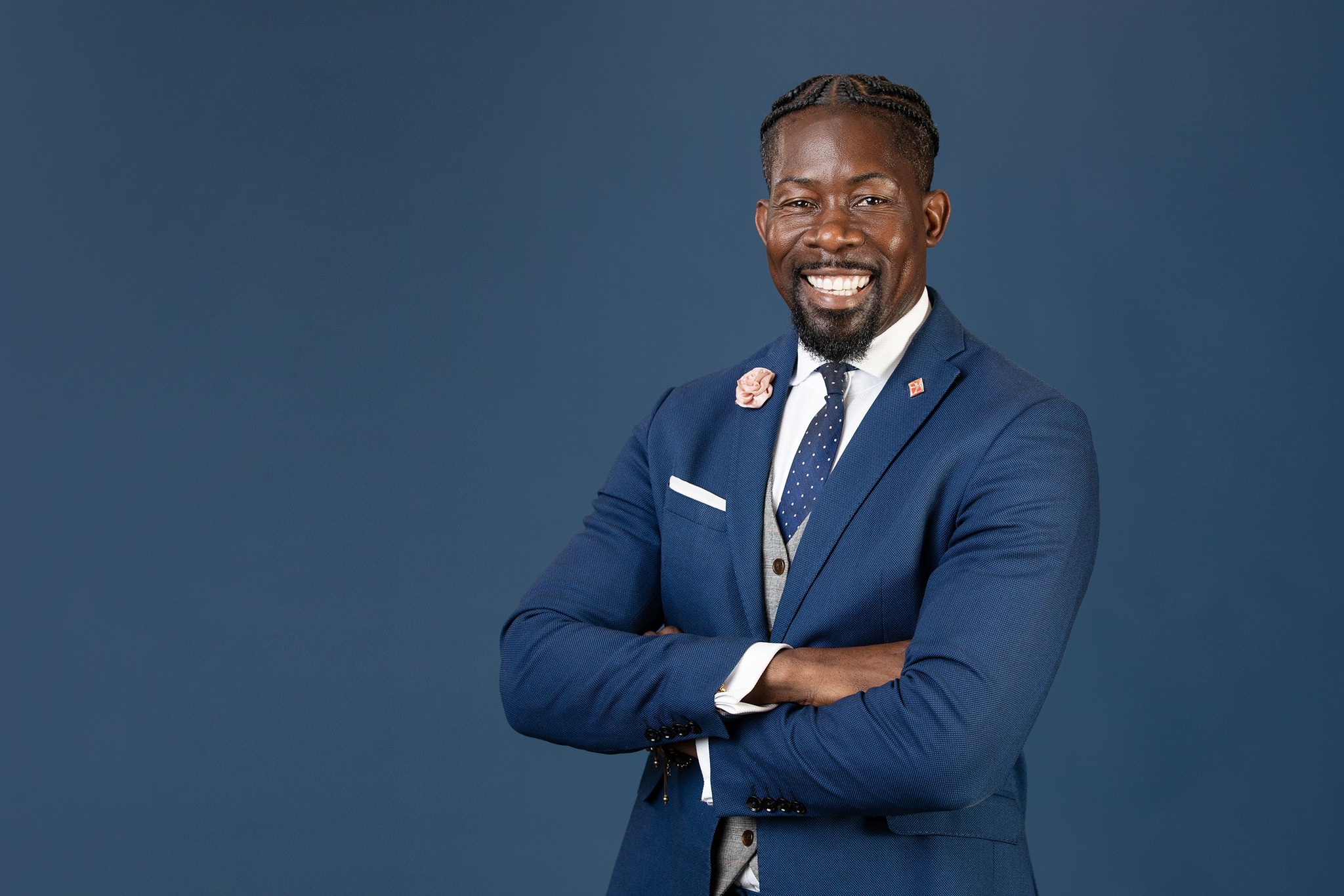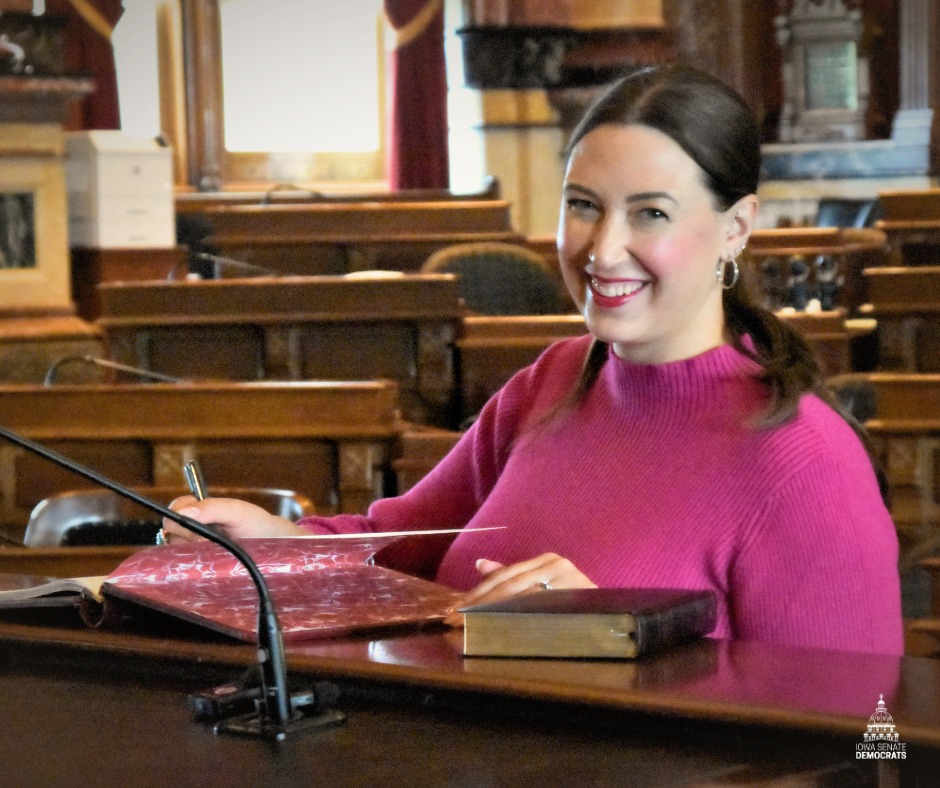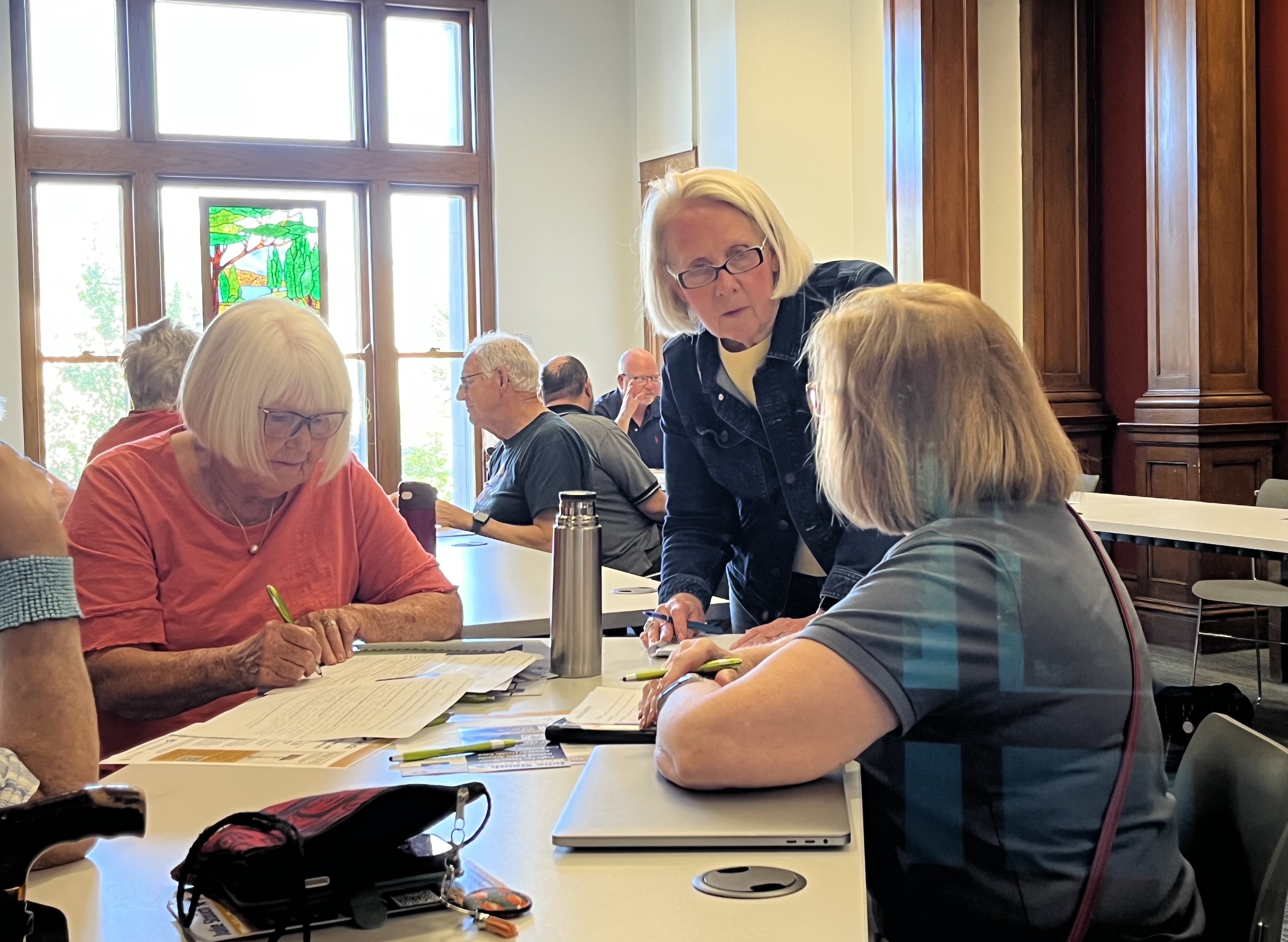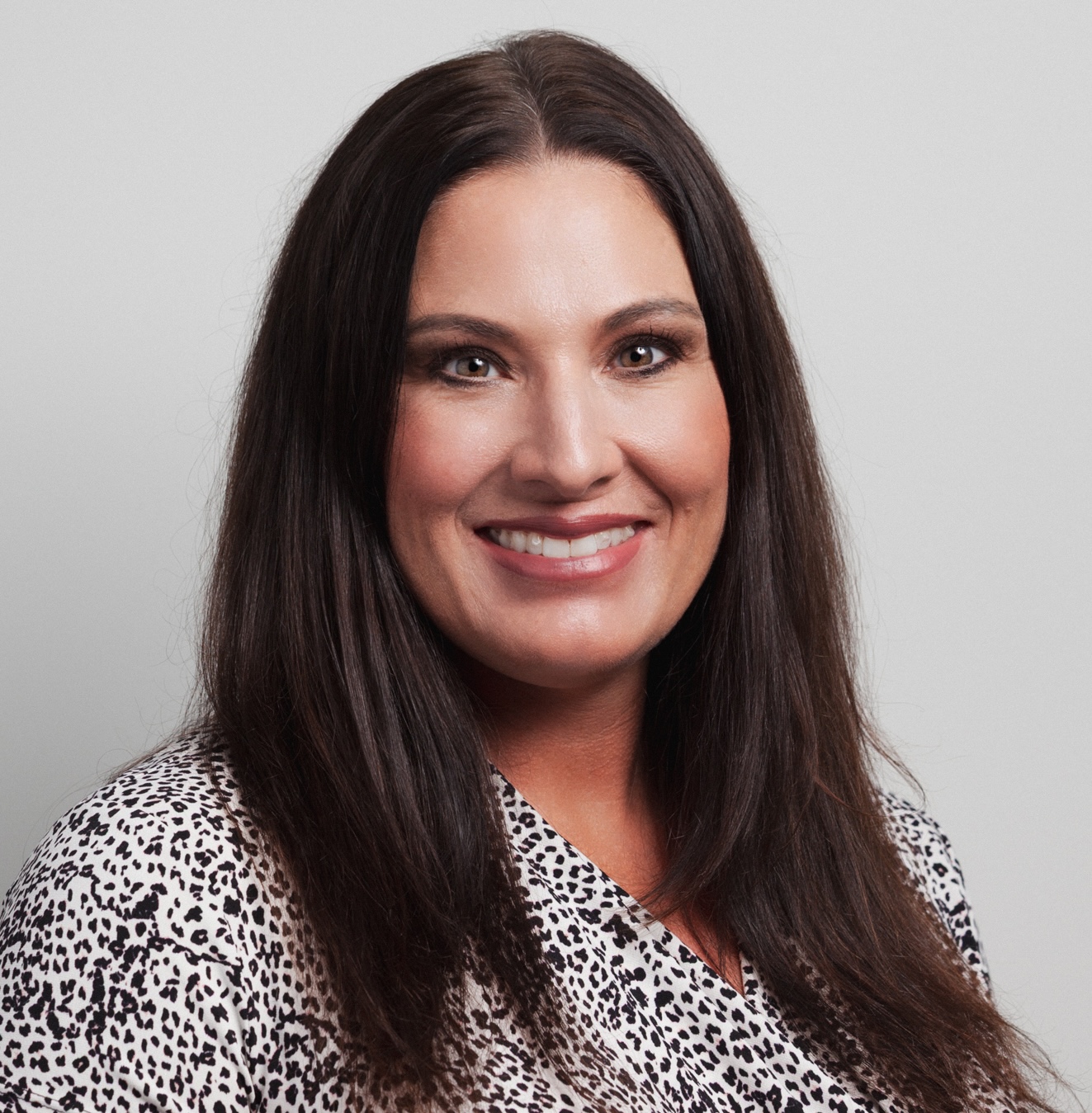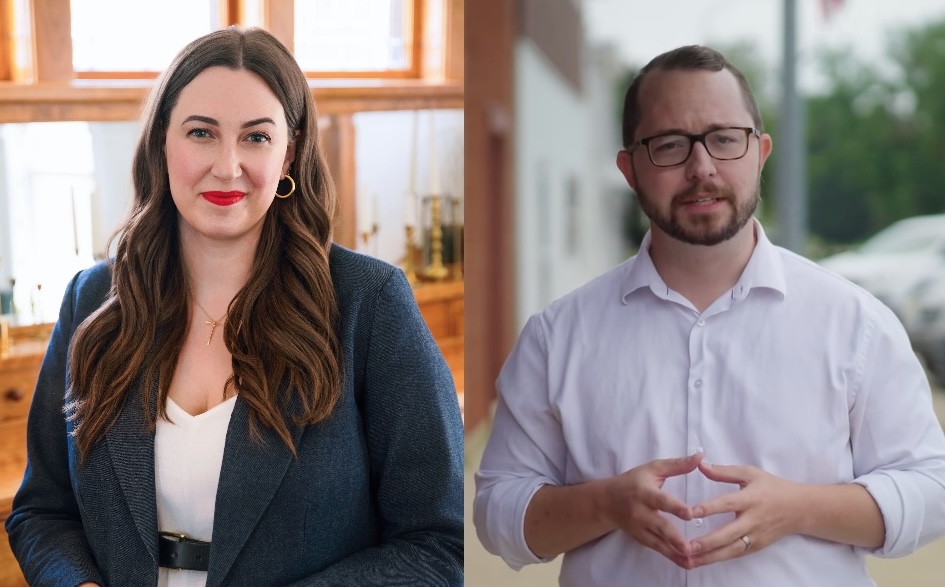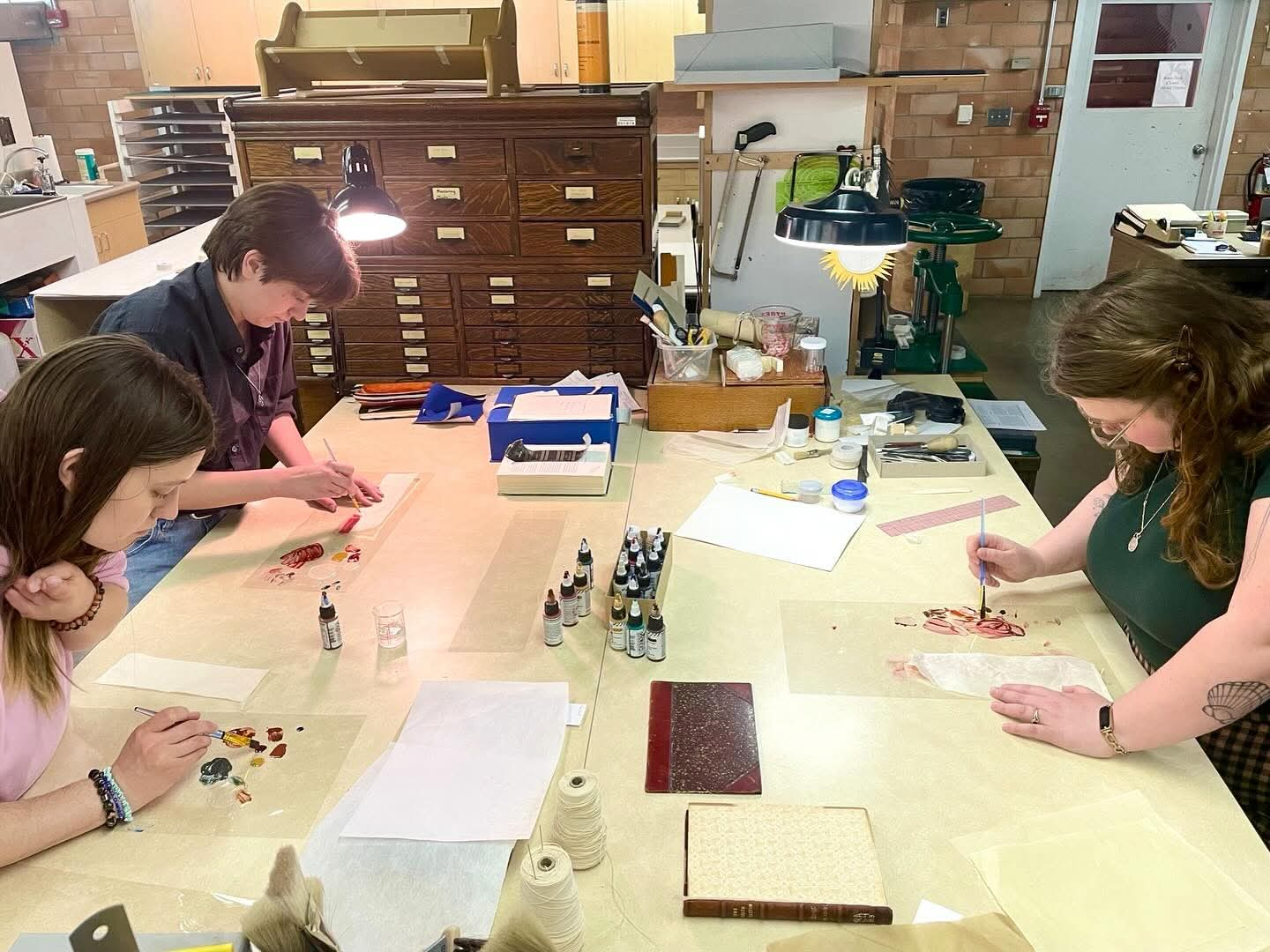Bruce Lear lives in Sioux City and has been connected to Iowa’s public schools for 38 years. He taught for eleven years and represented educators as an Iowa State Education Association regional director for 27 years until retiring. He can be reached at BruceLear2419@gmail.com
The digital clock silently clicks 3:01 a.m. Her eyes flash open. She’s a teacher and she knows 3:01 isn’t awake time especially when 27 pairs of third grade eyes will be staring at her in a few hours. Her mind reviews every lesson rewriting in her mind. Then she begins to worry about her career choice. Will it get easier? How do I balance family with school?
She hopes her school can hire more teachers, reduce paperwork, meetings, and maybe agree to a raise above insurance increase. But money is tight. She needs more time to prepare so her teaching bag isn’t filled to the brim at home. She prays she’ll be allowed to be creative because that’s the joy of teaching. She’s exhausted by interference.
Her last thought before drifting off to a dreamy sun-soaked beach is a hope Iowa legislators will stop punching down on her profession.
Continue Reading...
